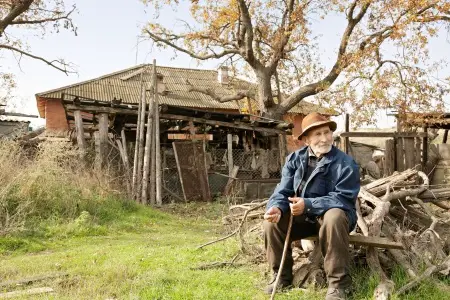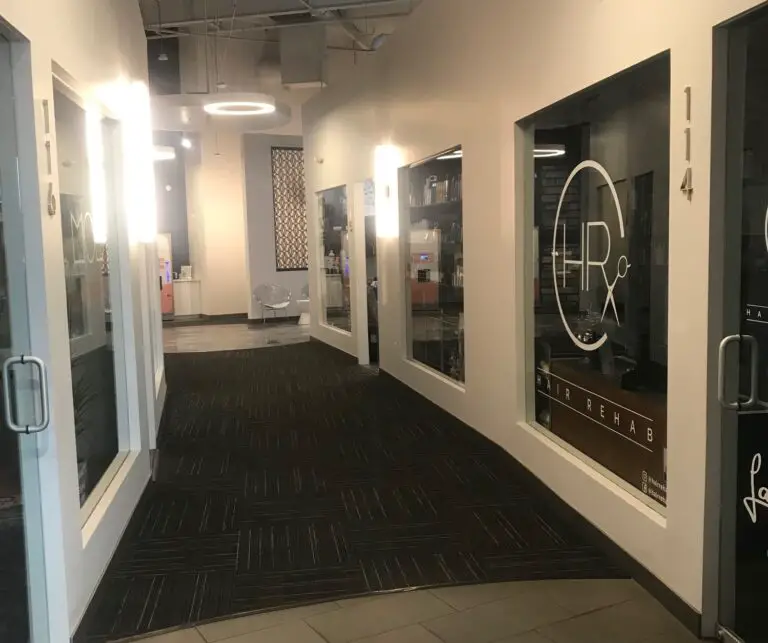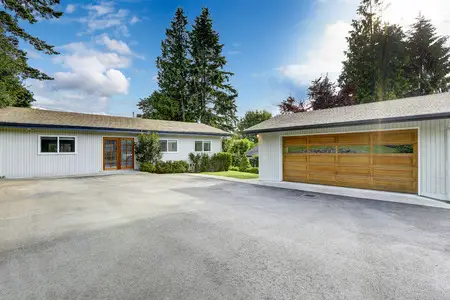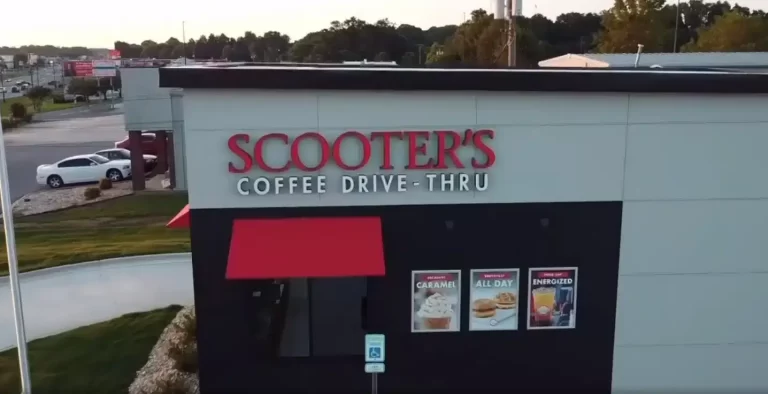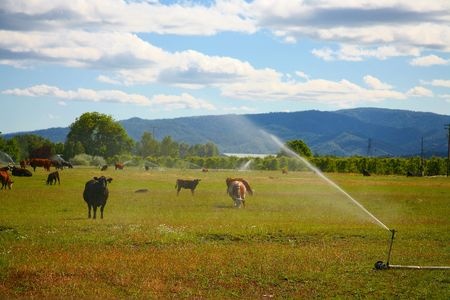How Can You Make Money with a Life Estate?
What Are Life Estates?
It is rare to see a life estate sold in the U.S., although they are more common in European countries like Italy and France where it is called an Estate “Pur Autre Vie,” or for another’s life.
A life estate allows you to sell your property to another buyer, but maintain the rights of ownership until you die. The life estate could also be based on the lifespan of another person.
During the time you or the named person is alive, you can live in the property or lease it to someone else and collect income.
Typically life estates are used by older people as a way to maintain their home while generating a lump sum or a series of payments to pay for their remaining years of life.
Now that reverse mortgages have become widely available, there will probably be even fewer life estates sold because reverse mortgages accomplish a similar goal.
Sometimes the Life Estate Holder Lives Longer than Expected
In one example, an investor agreed to pay $500 per month to a 90 year old lady in France in exchange for ownership of her property when she died. Unfortunately for him, she lived past the age of 120 and thus he ended up paying double the value of the property and still did not own the property when he died at age 77.
His widow had to keep paying the lady $500 per month, and eventually did receive ownership of the property when the lady finally died.
Recently, Playboy Enterprises listed the Playboy Mansion for sale for a ridiculous price of $200 million, with the sale requiring the buyer to give Hugh Hefner a life estate in the property.
The price is above market to begin with, and a life estate should severely diminish the value since you don’t how long Hugh Hefner will live. He is 89; but who is to say he won’t live another 10 years? Update: Hugh Hefner died 2 years later at age 91
A Property Encumbered with a Life Estate Warrants a Discount
The discount for a life estates should receive an appropriate discount considering you cannot get any of the benefits of the property until someone else dies.
A good starting point would be seeing how a life insurance policy for that same person would be priced.
It may be difficult to underwrite since you are not a life insurance company and probably aren’t going to give the owner a medical exam, pull their motor vehicle report, etc.
You might be able to use a rough estimate of their age and whether or not they are a smoker, to reach an annual premium.
Using the annual premium, you should be able to back in a projected life span for that person.
Let’s say the person is 73 and based on the life insurance premium and a projected investment return to the life insurance company, the person’s life span is projected to be 83.
You need to receive a discount that is at least equal to the present value of 10 years worth of use of the property.
That might be the amount of income you will be projected to miss out on or if it is something like an old home that will most likely be torn down for its lot value, it would be the projected value to you today discounted 1o years into the future at an acceptable rate of return for you.
So if you thought the old home was worth $600,000 today, and expected an 8% return on investment, you would be able to offer just $300,000 today in exchange for $600,000 in 10 years.
In the case of the Hefner mansion, Hugh may not be projected to live another 10 years, but with the lot only worth about $60 million to $80 million in today’s market, obviously an asking price of $200 million is outrageous.
How to Make Money with Life Estates
There are basically two ways to make money with life estates.
One is to sell a property with a life estate to someone who stupidly offers too much for the property. They should receive a large discount and may underestimate the discount. You can rent the property out and generate income until the life estate ends because you or someone else dies.
The other way to make money is to buy a property with a life estate at an extreme discount to the market value of the property. Since there is almost no market for properties with life estates in the US, it is certainly possible that you could receive an extreme discount if you were the only possible buyer for a property.
If there is no market, then you are the market. Just make sure your discount is above and beyond what the projected life span of the former owner should warrant.
